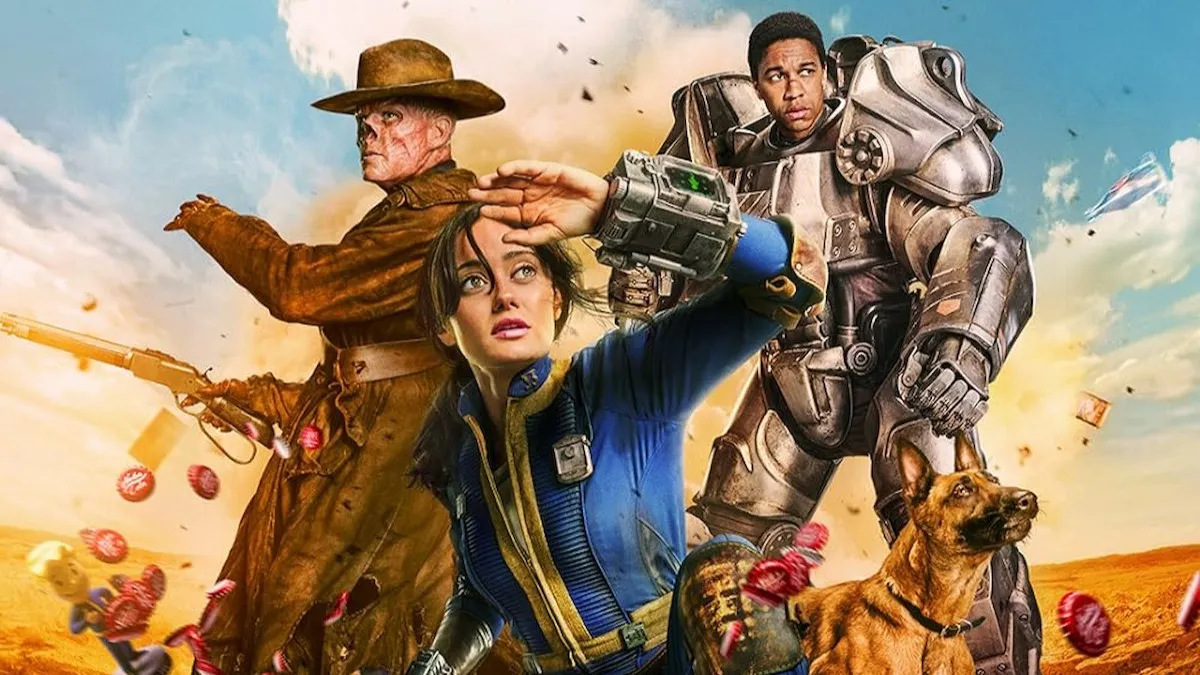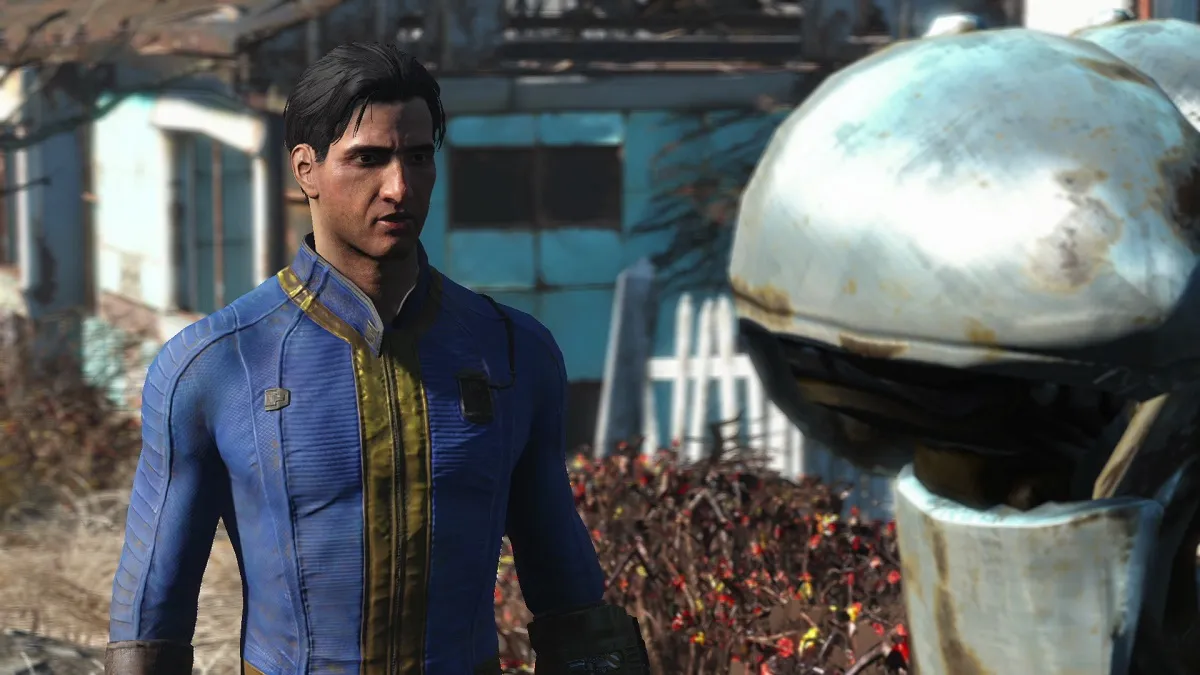[Defense Force is an article series that roots for the underdog, plays Devil’s Advocate and otherwise defends the indefensible. If something’s hated, and we deem that hatred unjust, you can guarantee the Defense Force will mobilize.]
“Bias” is one of the most overused words in the gaming community this generation, often employed by those with no actual knowledge or realistic understanding of the word. It is inevitably invoked in response to reviews, especially reviews of console-exclusive games, and whenever a games media writer criticizes one of the “Big Three” publishers, you can guarantee that the “B” word will not be far behind.
But is bias a bad thing, or something that can even be helped? Should the gaming media be completely impartial and should reviewers keep their preferences to themselves? Just what, exactly, does bias mean, and why is it considered such an evil and terrible force?
Defense Force mobilize! Read on as we explain why bias is not only acceptable, but necessary in our gaming media.
Bias is a preference or tendency of outlook most commonly associated with personal judgment, and it is sometimes, but not always, an unreasonable inclination. It is also something that we all, as humans, possess. Everybody has a preference, and everybody has partiality. Nobody is an automaton completely free of prejudice, and the gaming press is certainly no exception.
Like it or not, bias is an undeniable part of human nature, and it’s not something you can ever escape from. Press outlets that claim to be “unbiased” or “impartial” are either liars, or staffed by mindless robots who have been programmed by God. Since I don’t believe in God and robots are yet to be proven efficient videogame reviewers, I am going to have to veer toward the former accusation. Fact is, nobody who can claim to be human can also claim to be unbiased. The demonic caricature of the “biased reviewer” is a fallacy that nerd-rage infused gamers cling to in order to dress up their own bias as something more noble than it is.
In 2008, my favorite system was the Xbox 360. It had the better games, as far as I was concerned, and that’s really all I care about. Was I biased toward the Xbox 360? Most definitely. This year, it’s the PS3 library that appeals to me the most, and as we heard toward 2010, I still feel it’s Sony’s console that sports the more intriguing library. My bias has changed so that I favor the Black Box o’ Blu-ray, but that bias, that undeniable prejudice, remains.
Every writer in this industry has a favorite, be it Wii, PS3, Xbox 360 or PC. Hell, some of them may prefer the DS or PSP over and above home consoles or computers. The point is, you cannot point at a single man or woman who writes about videogames and say they are unbiased. This makes accusations of bias simply ludicrous. It’s like insulting somebody for having eyes, or criticizing them for having warm blood.
The Internet has a tendency to devalue words through sheer repetition and a gradual increase in people who use them without understanding their true context. “Bias” has most assuredly joined the ranks of “epic” and “emo” and many other words that have been abused to the point of meaning relatively little anymore. Frankly, anybody who accuses a writer of bias is either very ignorant or very stupid, and most often both.
They’re not alone in blame, however. Writers themselves are all too quick to hide their personal preferences, for fear that their precious credibility is at stake. It’s rare to find a videogame reviewer who will actually admit that he prefers one system over another. It’s all about creating a mask of impartiality to hide behind, and this illusion of an unbiased writer has led many stupid and gullible people to believe such a thing exists.
It’s a fairy tale, and anyone who propagates this myth is directly responsible for roughly 50% of the idiotic comments that infest message boards and comment threads around the Internet.
Having a preference does not mean you’re unable to do look at something with an objective viewpoint. It’s all about keeping an open mind and having the intelligence to understand that, just because you don’t prefer something, that doesn’t automatically mean it’s garbage. For example, I don’t really like Halo. It’s not a shooter I’ve ever been able to get into, despite liking Call of Duty and Killzone very much. Do I think Halo is a bad game? No, I don’t. It’s obviously a very well-made game with a quality multiplayer component that has hooked millions of gamers. You see how I did that? How I admitted a bias yet still acknowledged a game’s quality? It’s that easy. It really is.
What’s more, how is a videogame reviewer supposed to even do his job without some hint of bias in his mentality? A review is a personal opinion, and one’s opinion is shaped by their preferences. An unbiased review is a work of fantasy, something that simply cannot exist. The very fact a review is even written is proof of a writer’s bias. You can’t write one without it.
I guess I just don’t get what everybody’s so ashamed of. Both writers and readers are biased, and both of them are trying to hide this fairly obvious fact. You get PS3 fanboys who say, “Well I own an Xbox 360 as well, so I am not biased,” or a guy who only posts in Xbox 360 threads and won’t ever say a bad thing about Microsoft hypocritically throwing the B-Word around whenever he sees someone who prefers Sony products. It seems to be a form of projection more than anything, as fanboys subconsciously realize they’re just as bad as anybody else but can’t accept it, so they attack themselves vicariously through other people. It’s all very meta and psychological and thoroughly, thoroughly pretentious.
The main driving point here is that I feel half the arguments you get in the gamer community would simply disappear if people would just look in the mirror and accept what they are. If you’re a PS3 or Xbox 360 fanboy, just admit it and learn to be comfortable with the fact. If you’re a game reviewer, lay it on the table and say, “Yeah, I like the Wii more than anything else. What’s it to you?” Much of the showboating and mudslinging would go away, and the word “bias” might one day become sensible once more.
After all, some of the most vocal opponents of gay rights have turned out to be closet homosexuals themselves. A lot of external conflict disappears when a person is able to resolve the internal ones.
Bias is never the real issue when one person has a problem with another person’s view of videogames. They’re both as biased as each other. The true issues are insecurity and a failure to admit that both parties involved in the argument are equally colored by their own inclinations.
Very much like sex, bias is something that happens to everybody and isn’t the dirty, shameful thing that a consensus of idiots would have you believe. Also like sex, one is free of anxiety and self-loathing once they admit that it’s a part of their lives, and that making accusations and getting upset over it is something best left in the playground where such childish horseshit belongs.
Embrace your bias. It will always be with you, no matter how much you try and push it away.




